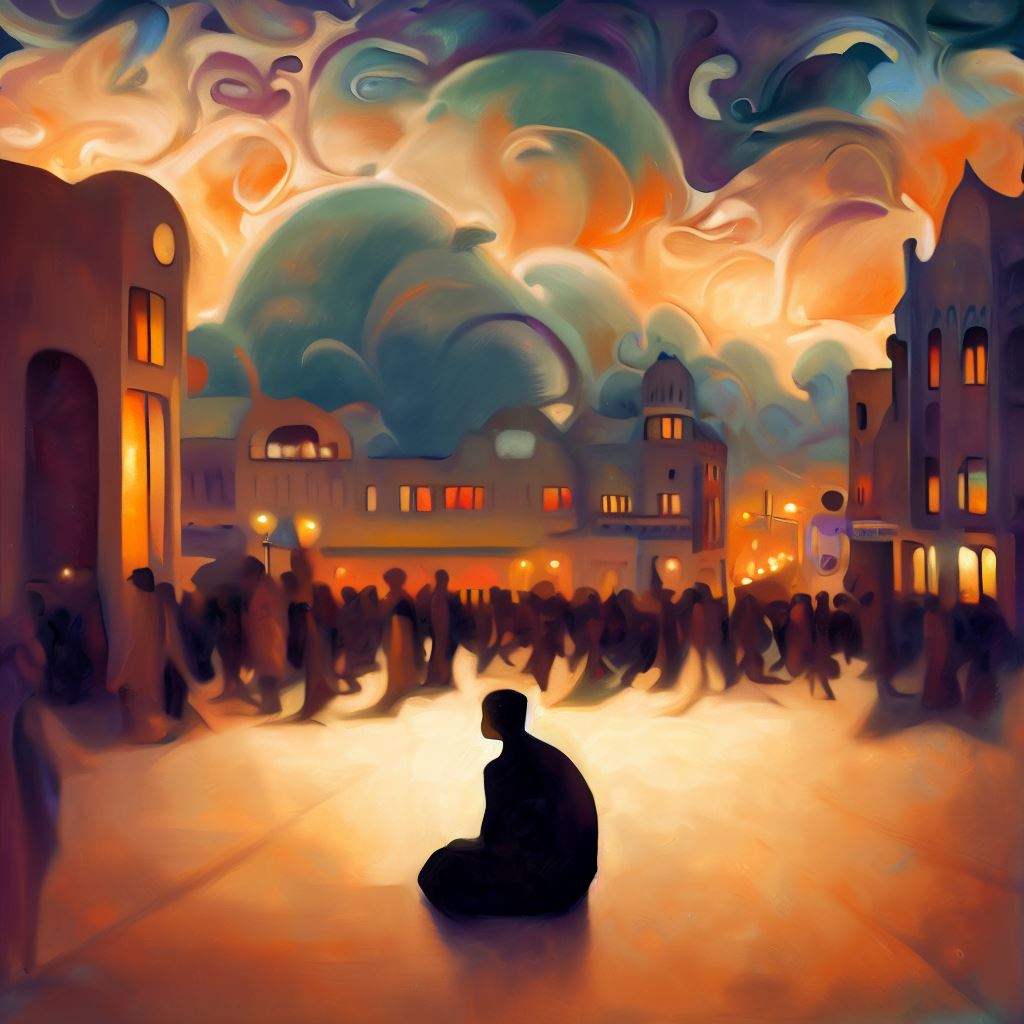November 27, 2023
“To Be Understood”: A Lesson from The Owl House
You might remember a post on the concept of the pink Gothic I once wrote. You might also remember it was inspired by the animated series The Owl House. There are many lessons in this series – pertaining, among others, to identity, one’s place in the world, and ethics – and in this post I decided to focus on a pivotal moment, perhaps the key lesson The Owl House has to offer.
In the penultimate episode of The Owl House, called “For The Future”, Luz, the protagonist, has an epiphanic experience. After all her adventures, all the things she’s experienced, all the dreams, wishes, disappointments and mistakes, she finally realizes something: “The only thing I’ve ever really wanted,” she tells her mother teary-eyed, “was to be understood.”
Justice, then. A special kind of justice, one intertwined with empathy, humility, and our ability to see beyond our own confines. All these are extremely important elements in what we understand as community.
A Lesson from The Owl House: Justice in a Societal Context
We live in a mercilessly unjust world.
I mean, unless you are rich and isolated from all that’s happening in our collective societies, you encounter injustice daily. Actually, if you’re reading this on your laptop, perhaps sitting comfortably in your living room armchair, you’re already much better off than the overwhelming majority of people on this planet.
But this life is necessarily flawed; that’s the price humans have to pay for the insolence of existing. In general, though we might protest and resist against our suffering – suffering in the form of poverty, health problems, loneliness, or whatnot – we generally understand it and accept it. Indeed, humans are phenomenally able to adapt to hardship, on one critical condition:
We need to be convinced that we don’t suffer more than others for the same reason.
Examples of Perceived Injustice
Think of two people; one is a vegetarian who doesn’t smoke, doesn’t drink, and exercises regularly; the other is an obese smoker who likes to get drunk every weekend watching sports on TV – their only form of exercise being the occasional trip to the fridge and back. Now, imagine the first person getting lung cancer.
Though every disease feels unjust, the sense of injustice is greatly accentuated by this apparent discrepancy.
Or, to name another example, think of a woman – it’s virtually always women who have to fight over this – who discovers she’s getting paid less for the exact same job her male colleagues do. Would she not feel an overwhelming sense of injustice, something being seriously amiss, compared to finding out her colleagues were paid the same (low) paycheck?
Let’s concretize it. Imagine a scenario where the woman of our example is paid $500 per week and her male colleagues $750. She’s given two options:
- Everyone get $550.
- She gets $600 but her colleagues continue to get $750.
You might be tempted to think someone facing such a choice would maximize their own profit (and indeed actually many would), but if the idea is to combat the sense of injustice, only the first option achieves that.

A Lesson from The Owl House: What About “To Be Understood”?
Humans are inherently lonely. We are hopelessly isolated from others, not because we are not close to them, but because we cannot be in their minds. Taken to the extreme, we can’t be certain we aren’t actually all alone in the entire universe.
But even if we assume other people do exist, we can never be sure of their thoughts, hopes, fears, desires. Sure, your significant other tells you they love you, and their actions seem to match that. But you simply can’t know. Hell, most of the time humans aren’t even sure what they themselves think or feel, how could they possibly be certain of others’ thoughts?
In this context, to be understood acquires critical importance. To be understood is a bridge connecting us with others. To be understood is a sign of empathy, of solidarity, of others understanding what it might feel like to be “me”.
Ultimately, this lesson from The Owl House is about justice through empathy: Maybe we can’t change the world – not alone, not immediately – but to be understood, to have someone to share our inherent loneliness (even in a necessarily flawed manner) is a small step toward finding that justice.
I don't show you ads, newsletter pop-ups, or buttons for disgusting social media; everything is offered for free. Wanna help support a human internet?
(If you'd like to see what exactly you're supporting, read my creative manifesto).
